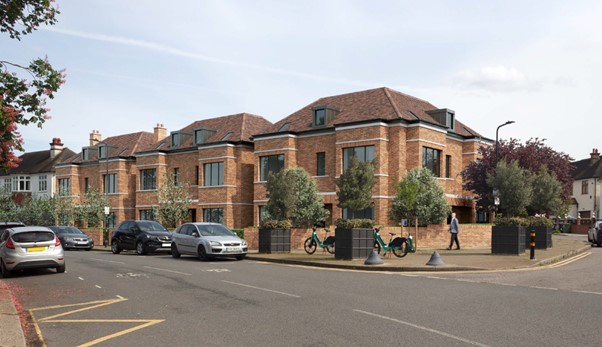What could Boris Johnson’s tax reforms mean for you?
By Bridging Loan Directory
Recently appointed Prime Minister Boris Johnson is determined to make the most of his first few months in office. And while negotiating Brexit might be his top priority, he has also pledged to recharge and revamp the British economy. A central pillar of his efforts are his proposed tax reforms, long overdue changes to the way the government generates revenue designed to incentivise domestic and foreign investment into businesses and UK-based assets.
Of course, Britain has long been a leading destination for investment, particularly when it comes to residential and commercial property. Nonetheless, I believe now is a necessary time to restore investor confidence and provide the assurances that whatever outcome Brexit may bring, the UK will remain a bastion for investment.
Throughout his leadership campaign, Boris Johnson stated his intention to put “rocket boosters” under the economy. To this end, his first budget would include £20 billion in tax cuts. The bulk of this cut comes in the form of raising the income threshold for the higher rate tax from £50,000 to £80,000. The Institute for Fiscal Studies (IFS) estimates that this would deliver a tax boost of almost £2500 a year to approximately 4 million people.
Another tax policy designed to reassure investors in the event of a no-deal Brexit is the government’s plan to create 10 duty-free ports and airports. The plan, announced last week by Secretary of State for International Trade, Liz Truss, is designed to “turbocharge” growth and reposition Britain as a hub for global trade by removing the need for extensive checks and paperwork while also offering significant tax relief.
Arguably the most significant of Johnson’s tax reforms comes in the form of his proposed changes to stamp duty, most notably his proposal to shift the burden of the tax from the buyer to the seller. At present, stamp duty generates approximately £1 billion for the exchequer, and while this is a significant sum, radical action is required to resolve Britain’s ever deepening housing crisis. Indeed, levying stamp duty on the buyer has had a stultifying impact for years, particularly towards the bottom of the market where the tax can make purchasing a starter home prohibitively expensive for many.
The new prime minister has said that he is intent on shaking up stamp duty in answer to calls for a tax reduction for properties valued at below £500,000 while also reducing the rate payable on homes valued at £1.5 million and over from 12% to 7%. Any move to reduce the burden of stamp duty is likely to be welcomed in the property markets, not least because estate agents and mortgage brokers have long blamed stamp duty for reducing dampening the amount of property transactions taking place.
By winning the Tory leadership contest and becoming Prime Minister, Boris Johnson has earned the right to set out his vision for the country’s future. And while Brexit remains the most pressing challenge, providing clarity for both homeowners and investors will prove an essential task over the next few months.
Overall, I think the latest round of proposals indicates that on tax, this government is headed in the right direction. However, a more dynamic and wide-ranging program of tax reforms could go even further to resolving some of the underlying problems within the housing market. Consequently, the government should proactively seek to implement policies like financial relief for SME housebuilders and further exemptions concerning inheritance tax.
While the next few months are set to be dominated by the final phase of the Brexit negotiations, the Prime Minister’s domestic agenda will play a defining role in shaping the economic climate going forward. Consequently, his willingness to grapple with the nitty gritty of tax reform are a positive sign for all those who want to see the British economy thrive. The UK remains a top destination for investors, and as someone who works closely property investors and brokers, I have no doubt demand for residential and commercial real estate will continue in the many months and years to follow.
Paresh Raja, CEO, Market Financial Solutions











You must be logged in to post a comment.